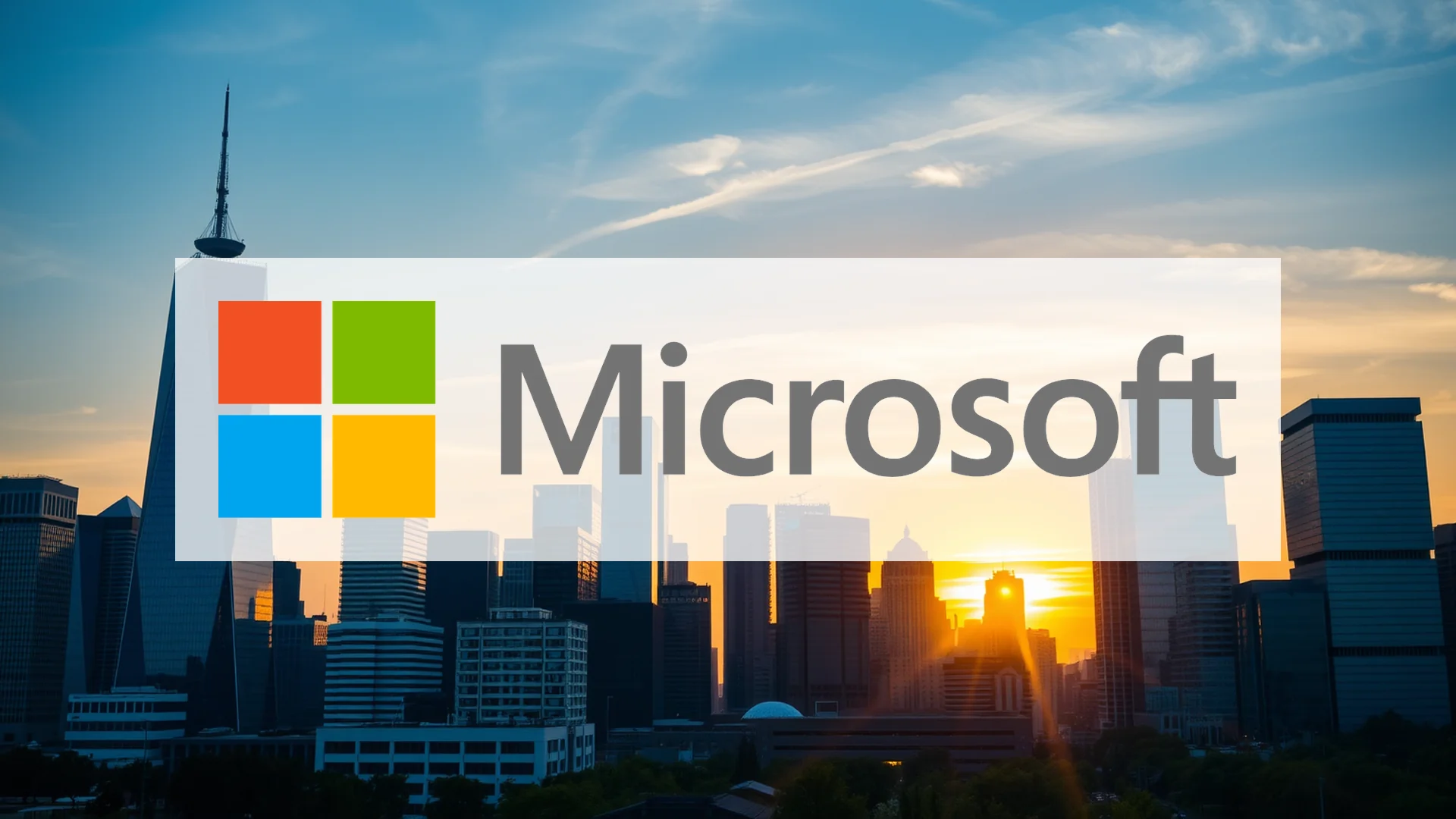Microsoft is navigating a complex landscape of strategic realignment and international tensions. The technology behemoth is broadening its artificial intelligence partnerships while simultaneously confronting significant geopolitical challenges that test its operational policies and market stance.
Diversifying the AI Portfolio
In a notable strategic shift, Microsoft confirmed on September 25 that it will integrate AI models from Anthropic, a competitor to its long-time partner OpenAI, into its Microsoft 365 Copilot assistant. This move signals a deliberate effort to diversify its AI dependencies. For years, Microsoft’s strategy was heavily reliant on OpenAI’s technology; the incorporation of Anthropic’s models represents a clear departure from this approach.
This diversification is a calculated response to a rapidly evolving competitive environment. As OpenAI forges its own partnerships with companies like Oracle and Nvidia, Microsoft’s decision to integrate alternative AI technologies is a risk-mitigation strategy. It aims to ensure the company can offer a wider array of AI capabilities and shield itself from potential disruptions within any single AI provider.
A New Marketplace and Financial Expectations
Amidst these strategic shifts, Microsoft launched a revamped Microsoft Marketplace on the same day, September 25. The new platform consolidates the Azure Marketplace and Microsoft AppSource, creating a unified hub for customers to access cloud solutions and AI applications. This simplification is designed to strengthen Microsoft’s ecosystem, foster new partner opportunities, and accelerate the adoption of AI-powered tools.
Should investors sell immediately? Or is it worth buying Microsoft?
The financial impact of these strategic decisions will become clearer on October 29, when the company releases its quarterly earnings report. Despite facing regulatory headwinds, the majority of market analysts maintain a positive outlook, rating Microsoft’s shares as a “Strong Buy.”
Geopolitical and Regulatory Challenges Intensify
Simultaneously, Microsoft is dealing with heightened geopolitical scrutiny. The company announced on Friday that it would discontinue specific cloud and AI services for Israel’s Ministry of Defense. This decision followed a collaborative media investigation that revealed the Azure platform was potentially being used for the mass surveillance of Palestinians, an application that may violate Microsoft’s own terms of service.
In a separate regulatory concession, Microsoft has adjusted its policy in Europe. After pressure from consumer advocacy groups, the company will now provide extended security updates for Windows 10 within the European Economic Area free of charge until October 2026. The company had initially planned to make these updates available only through a paid subscription.
These concurrent developments place Microsoft at a critical juncture, balancing ambitious technological expansion with the increasing complexities of global operations.
Ad
Microsoft Stock: Buy or Sell?! New Microsoft Analysis from February 7 delivers the answer:
The latest Microsoft figures speak for themselves: Urgent action needed for Microsoft investors. Is it worth buying or should you sell? Find out what to do now in the current free analysis from February 7.
Microsoft: Buy or sell? Read more here...













